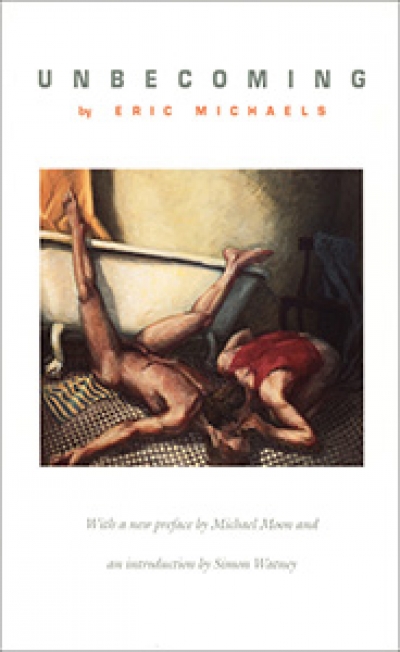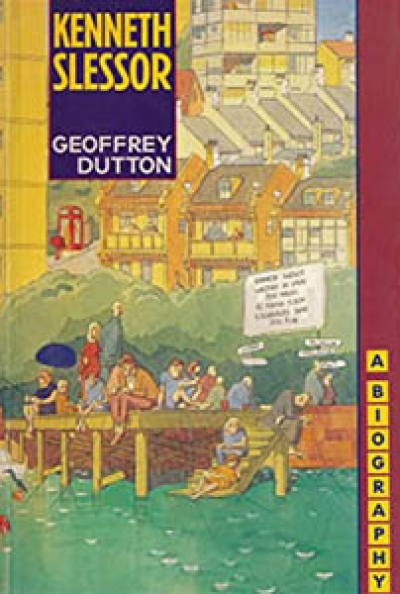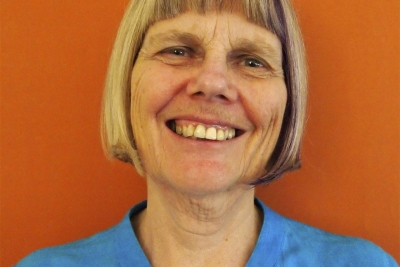Archive
One is tempted to view the proliferation of the small Australian literary magazine as a postmodern development. Few these days will turn a hair at the use of that term, previously confined to the domain of abstruse theories about culture and aesthetics. When the Australian Broadcasting Commission bandies about a word on the grounds that it has significance for programming strategies (according to the thrust of recent conferences, we may prepare ourselves for a new postmodern style ABC arts radio), then the word has acquired respectable currency. Postmodernism, according to the rule of thumb I shall engage here, simply emphasises the destabilisation of distinctions between ‘high’ and ‘low’ culture, and the fragmentation of modernism’s homogeneous cultural narrative into a multiplicity of independent discourses. Cultural richness becomes evaluated in terms of diversity.
... (read more)Nights with Grace by Rosie Scott & Strange Objects by Gary Crew
We are having a Sunday picnic. It is not a cosmopolitan affair, with pâté and brie and champagne, nor even a dinky-di one, with sausages and sauce and tinnies. Simply an impromptu, let’s-get-out-of-thehouse event: a jar of peanut butter, a jar of honey, a tub of marge, half a loaf of Friday’s bread and a packet of jubes.
... (read more)Terri-Ann White reviews 'Trouble in Lotus Land' by Charmian Clift, 'The Devious Being' by Betty Roland, and 'Eat My Words' by Marion Halligan
The task of reading these three books together provided more than I was anticipating. Their perspectives of decades of Australian society and writing practices cover the past, the personal and the politics. The writers come from three different generations (born 1903, 1923, 1940), and represent particular writing intentions or schools, certainly different genres. The connecting thread, probably the only one, is that each of the books is written form such a particularised stance. Each is written in the first person, and flirts to varying degrees with the confessional mode. The tensions between restraint and letting it all hang out, what gets said and what comes out in the not-saying, interested me.
... (read more)I met Patrick White first in 1965. Reduced to 1.9s.6d, he was lying, in an American edition of Riders in the Chariot, on a sale table at Finney Isles department store in Brisbane. So much has changed. Today, we would talk of remainders; the shop has been taken over by David Jones which has in turn been taken over by Adelaide Steamship which later bought up Grace Bros; prices are now given in dollar and cents.
... (read more)







